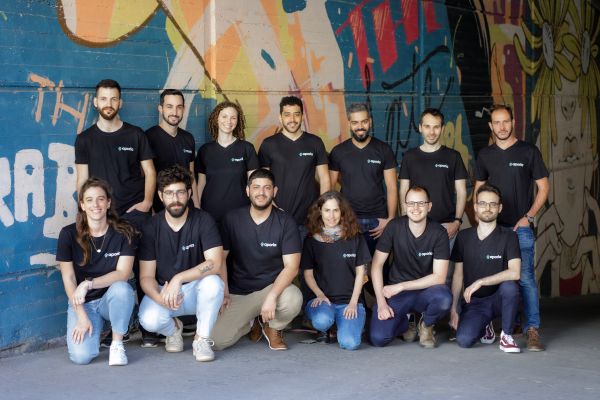Bottom dollar.
Bloomberg today reported that a shortage of inexpensive display driver chips has delayed production of the LCD panels used in, well, pretty much every product category you can think of. Displays are ubiquitous, and many devices can’t function without them. But for the displays to work, they require a display driver — no, not Nvidia or AMD display drivers, those are software. We’re talking about a tiny chip that sends instructions and signals to the display.
That’s a fairly simple function, at least compared to those performed by the vastly more powerful components inside the device proper, which is why many display drivers cost $1. But a component’s price doesn’t always reflect its importance, as anyone who’s built a high-end PC, bought one of the best gaming monitors, and then realized they forgot to get a compatible cable can attest. That missing link is both cheap and vital.










